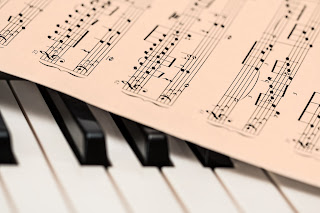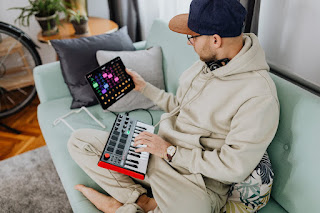Learning to Play the Piano
Learning to play the piano is an enriching experience that offers a range of benefits for both the mind and body. From improved coordination and dexterity to enhanced cognitive abilities, studying piano is an investment in oneself that can pay off in numerous ways. In this essay, I will explore the advantages of studying piano and how the list provided above can help students excel in their studies.
First and foremost, studying piano requires discipline and dedication. Learning to play an instrument is a time-consuming process that requires regular practice, focus, and patience. However, the rewards of this hard work are plentiful. Studies have shown that playing the piano can enhance memory, concentration, and attention span, all of which are skills that can be applied to other areas of life, such as work and school.
In addition to the cognitive benefits, playing the piano also provides physical benefits. The constant repetition of finger movements required in piano playing can improve dexterity, hand-eye coordination, and fine motor skills. These skills can be especially useful for individuals who engage in activities that require manual dexterity, such as surgeons, mechanics, and artisans.
Now, let's take a look at the list provided above and how it can help students excel in their studies. The first item on the list is a metronome. A metronome is a tool that helps students keep a steady tempo while playing. This is important because it trains the student to develop a sense of rhythm and timing, which is crucial in piano playing. Additionally, this skill can be useful in other areas of life, such as public speaking or dancing, where timing is important.
The second item on the list is sheet music. Sheet music is a written representation of a musical composition. By learning to read sheet music, students are not only learning to play the piano but also learning a new language. Reading music requires the ability to interpret symbols and understand musical notation, which can help develop analytical skills and attention to detail.
The third item on the list is a piano bench. A piano bench is essential for proper posture while playing. Proper posture is not only important for physical health but also for sound quality. When a pianist sits up straight with their feet flat on the floor and their arms at the correct angle, they are able to produce a fuller, richer sound.
The fourth item on the list is a keyboard cover. A keyboard cover is important for protecting the piano from dust, dirt, and other debris that can accumulate over time. It is also important for protecting the keys from damage due to sunlight, which can cause the keys to fade or become discolored.
Finally, the fifth item on the list is a music stand. A music stand is important for proper positioning of sheet music while playing. It allows the student to read the music without having to hold it in their hands or strain their neck to see it.
In conclusion, studying piano offers a range of benefits for both the mind and body. From improved cognitive abilities to enhanced physical dexterity, learning to play the piano is an investment in oneself that can pay off in numerous ways. By utilizing tools such as a metronome, sheet music, a piano bench, a keyboard cover, and a music stand, students can excel in their studies and enjoy the process of learning to play the piano.



Yorumlar
Yorum Gönder